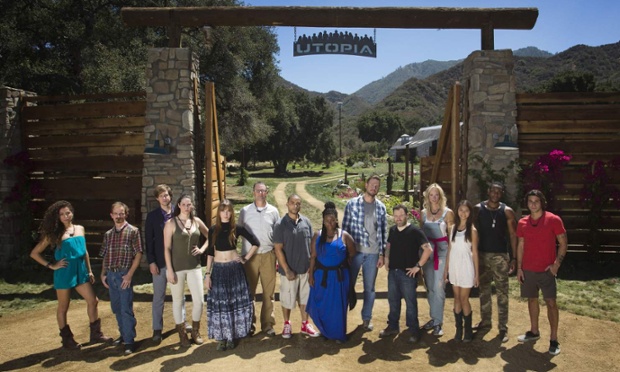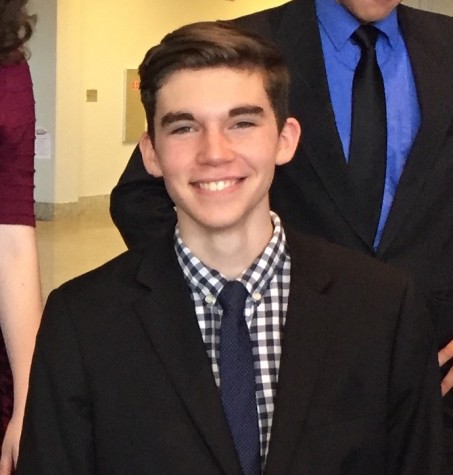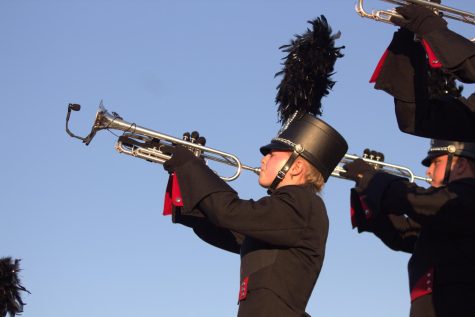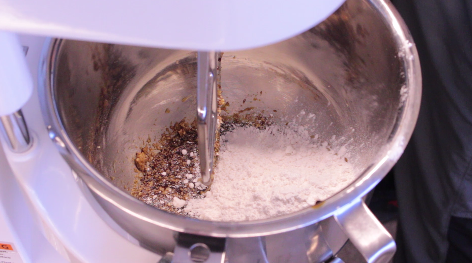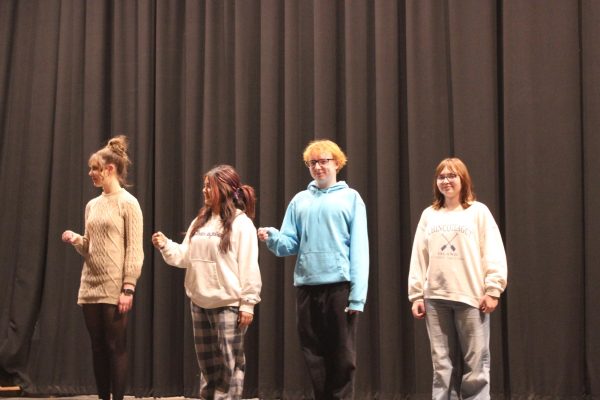A Love Letter to the Cancelled “Utopia”
The cast of the now-defunct “Utopia” poses for a promotional photo. It didn’t really work out. Photo courtesy Fox.
November 14, 2014
Long-anticipated and dreaded results started coming in from major networks last Sunday evening, announcing which shows would be cancelled.
Most of my favorites, including How to Get Away With Murder, Black-ish, and American Horror Story, among others, were spared, but one of the shows I anticipated every week despite myself was axed. That’s right – I actually enjoyed Fox’s huge failure Utopia.
The reality series, initially dreamed of by Fox execs as a year-long social experiment, bombed, garnering a 0.7 rating among adults ages 18-49 last Friday on its last showing (for context, The Big Bang Theory earned a 9.6 the same week), ending two months into its run.
The premise was simple: fifteen Americans left their lives to be part of the unprecedented experiment, jumping at the chance to create their own perfect world (cue “Kumbaya” in the background). The $50 million enclosure/pen/exhibit was equipped with cameras to catch the participants’ every move. They got $5,000 at the start and had to worry about making their own money. That’s about it.

I started watching Utopia out of pure interest in the commercials. I anticipated the show, assuming everyone else was, too. They sent 15 randoms to the middle of nowhere to start a society, showing that the creators of the experiment sure were going for something big. Themes of class, race, economics and religion came up naturally, no writers needed.
Among the group were a chef, a libertarian, a pregnant woman, a hippie disaster prep-ster, a self-proclaimed redneck, a philandering carpenter, a polyamorous woman, a lawyer, a preacher, an ex-con, and a few unremarkable others. It was chaos, but the fun kind of chaos that leads to realizations of universal truths. Utopia seemed important in its brief flash of existence.
In one telling (and hilarious) scene, the redneck and the ex-con picked a fight with the group’s chef over radishes ordered with the group’s collective money. By the end of the fight, the pair had warped “radishes” into “pickled horseradishes,” yelling at the cook over something he never ordered. It really was interesting to see how they created their own echo chamber, riling each other up with arguments about class. According to the two men, who had both grown up in poverty, the group was ordering “rich people food.” The fight ended, in perfect form, in the secession of the duo.

Micro-America had formed from the collision of 15 very diverse people. What wasn’t to like and obsess about?
Here’s the thing about Utopia: it should have worked. It was so close to working. Even people who hate reality TV could have found something original in the plot of the show. These were real people with real agendas, very quickly creating a train wreck of hate and conflicting ideologies.
The problem is that the creators of the show, hoping to drive out any sort of banality, brought America in. They hoped people would help vote people out and visit Utopia itself, but interest waned. In practice, letting America take control of the experiment violated the premise of the show. Also, the host of the show, Dan Piraro, was just weird. I don’t know if he turned anyone off of Utopia, but he seemed like he was hired off of Craigslist. He wore a fedora and a vest. In a way, the show was like the host; off-putting, interesting but polarizing, and a tinge creepy.
Fox expected viewers to pay $5 for “special” access to cameras and extras. The plan failed, and it failed spectacularly. I didn’t participate in the social aspects of Utopia. I told myself there was a huge base of invisible fans out there, helping vote and move the cameras. There wasn’t. Utopia was based completely on dedicated viewership, but when it reached out, no one was there. Except me, silently ignoring its pleas.
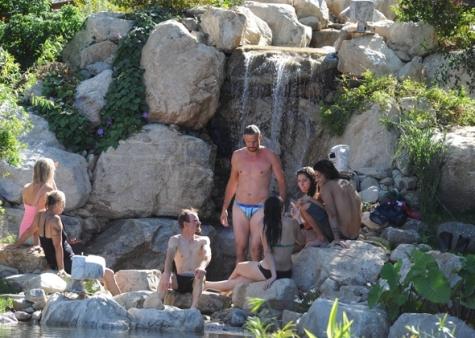
It didn’t come as a surprise that Utopia was cancelled. There was almost no coverage of the show anywhere, and any reviews I came across were not kind. Utopia wasn’t subversive, but it was smart fun. Utopia wasn’t a bad show, but it wasn’t what most viewers wanted. Social issues aren’t what most people look for in their reality shows. What we can know for sure is that the show will take an important place in the failed TV show/social experiment hall of fame. Fox will be airing reruns of MasterChef Junior in Utopia’s place.



